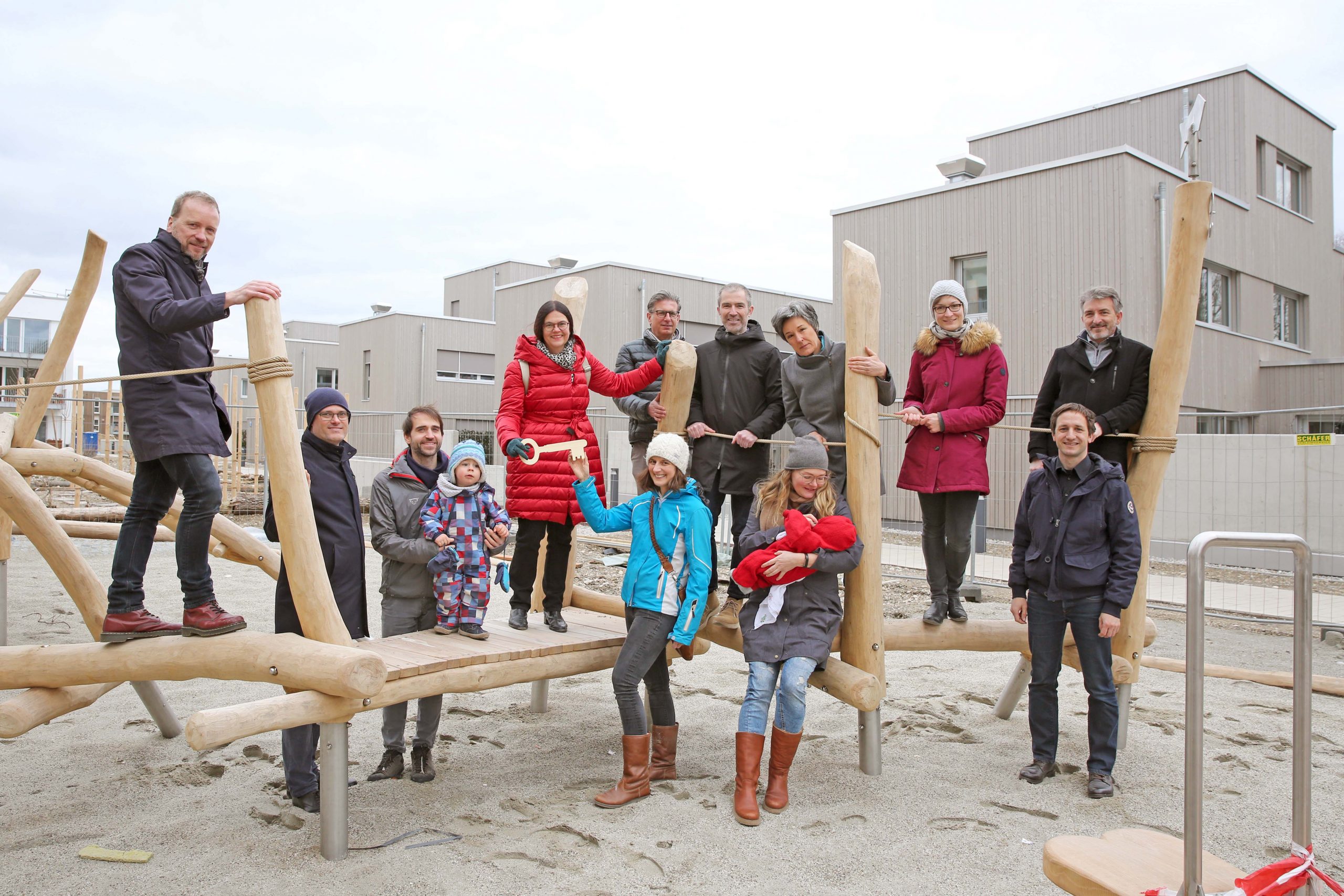- Dynamic growth in the industry continues.
- Building sector in particular as growth driver.
- However, the regulatory framework remains unsuitable for the widespread market deployment of energy storage systems.
 The industry figures published annually by BVES show a fundamentally positive development in retrospect for 2020 and in the forecast for 2021. Across all technologies and segments, sales in the energy storage industry grew by over 10 percent to EUR 7.1 billion in 2020.
The industry figures published annually by BVES show a fundamentally positive development in retrospect for 2020 and in the forecast for 2021. Across all technologies and segments, sales in the energy storage industry grew by over 10 percent to EUR 7.1 billion in 2020.
The growth drivers are the trends towards system integration, flexible sector coupling and electromobility, particularly in the household and commercial sectors. 300,000 home storage units alone are now installed in households and ensure a secure self-supply of green energy in the electricity, heating and mobility sectors. 300,000 home storage units provide 2.3 GWh of green electricity, enough for the annual washing of more than 20,000 households or to drive an e-car around the world more than 170 times.
Urban Windelen, Federal Managing Director BVES: "An addition of over 100,000 home storage units alone in one year is a great result. And at the same time a clear signal that citizens in households, commerce and industry increasingly want to rely on storage technologies to make their energy supply secure, green and cost-efficient. Politicians should finally listen to this signal and provide the highly innovative German storage industry with a suitable framework for its products. Relying solely on grid expansion and squeezing people into an outdated energy system will not be enough for a successful energy transition."
While the household segment was able to grow disproportionately in the Corona year 2020, the industrial and commercial storage segment suffered a decline of around 20 percent due to the pandemic. Germany also continues to evade the international trend towards the increased use of large-scale storage in the system infrastructure. This market segment is stagnating at a low level. The trend towards hydrogen solutions finds a difficult environment in Germany, so that market applications on an industrial scale cannot (yet) establish themselves. In contrast, thermal storage systems are developing well and are increasingly being used in industry in particular, contributing to decarbonisation.
Overall, the industry expects a significant recovery of the storage market in the industrial segment in 2021. The drivers here are flexible sector coupling in the direction of heat, the trend towards electromobility with clever charging solutions including storage, and self-supply solutions with green electricity to green hydrogen.
"Without energy storage, the energy transition is missing something. This is becoming increasingly obvious. Technically, the industry can do pretty much anything. Various technologies for all sectors and all applications are ready and operational. Now all that needs to be done is to finally release the regulatory brakes. Especially if we want to secure and support the domestic technical excellence and high value creation of the industry in Germany and Europe." says Urban Windelen.
The BVES industry figures 2021 are available via this link available.
The occasion for the publication is the international conference ENERGY STORAGE SYSTEMS 2021, organized by BVES in cooperation with Energy Storage Europe and EUROSOLAR e.V.. The two-day online conference ENERGY STORAGE SYSTEMS 2021 will feature parallel discussion panels and workshops on current trends in the storage industry.
Source: PM of the Bundesverband Energiespeicher from
Keywords: DE-News, Energy storage, Renewable, PV, PlusEnergy house/settlement, Electricity storage


 Stadtwerke Herne is planning to build a climate-friendly and car-free housing estate with an innovative energy concept in Sodingen: seven detached single-family homes are being built in Baueracker, which will be largely self-sufficient in terms of energy. The building permit is expected before the end of this year. The groundbreaking ceremony is scheduled for early 2018. The first families are expected to move in in February 2019.
Stadtwerke Herne is planning to build a climate-friendly and car-free housing estate with an innovative energy concept in Sodingen: seven detached single-family homes are being built in Baueracker, which will be largely self-sufficient in terms of energy. The building permit is expected before the end of this year. The groundbreaking ceremony is scheduled for early 2018. The first families are expected to move in in February 2019.
